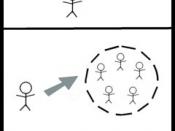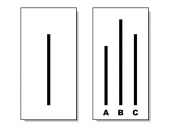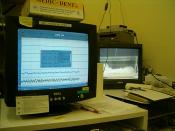Unlike many physical or natural sciences, social psychology encompasses varying theories and opinions, some divided and contradictory, some overlapping and complimentary. The usefulness of these differing perspectives can be debated and argued, with social psychologists questioning, under the broad range of these theories, what social psychology should be and what it aims to achieve. Furthermore, what do we expect social psychology to be able to tell us? Is human behaviour measurable and therefore predictable and can social psychology be able to change or influence behaviour? How is human behaviour best studied? Experimental social psychologists adopt the role of the natural scientist and use quantitative research methods to further our understanding. The humanistic viewpoint emphasises the actual lived experience of persons and believe this to be a more useful practice towards comprehension. Can critical social psychology which focus on our evolving social interactions point the way forward in this undisciplined science? By examining the three 'visions' of social psychology - 'experimental', 'humanistic and experiential' and 'critical social psychology', and by applying them to the narrative of Liv Ullman, it is possible to show the strengths and weaknesses of each vision and to compare their usefulness in understanding human behaviour.
However, limited views of the world can be misleading, so approaching the subject multi-dimensionally may help to gain an overall perspective. As different methodologies may have particular strengths, it would be prudent to assume that using one or more should help to obtain a clearer picture of the social world and make for more adequate explanations.
Patrick McGhee (1996) supports experimental social psychology and the use of controlled experiments as they are measurable, with a clear methodology which provides structure to a somewhat vague and inexact science. Controlled experimentation requires the manipulation of one or more independent variables in order to...


